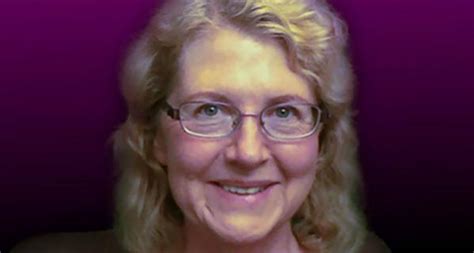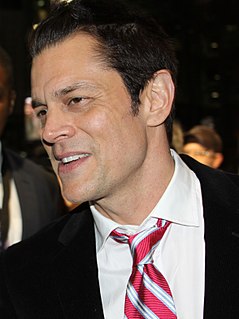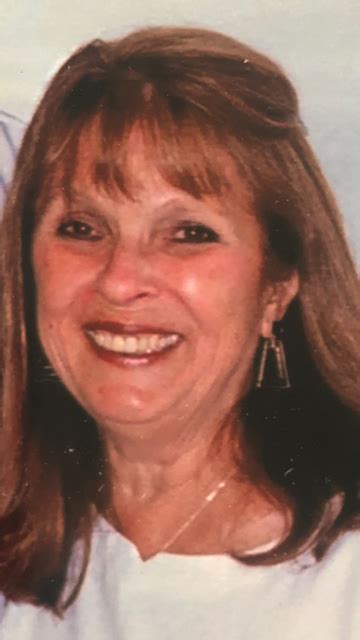A Quote by Jessica Abel
I can certainly be surprised by turns a story takes, but usually not once I'm actually in the writing/drawing stage. In the plotting stage, anything can happen. That's why I try to finish that part before I start writing. I may be exaggerating here - I'm sure there are times when I think of something part-way through that changes the story, but the ultimate outcome doesn't change. Or not yet. It could always happen.
Related Quotes
'Seize the Story' takes readers all the way through the process of writing fiction, from beginning to end. Every element, from dialogue to setting, plotting to character creation, is laid out and illustrated with examples. But the tone of the book is not that of a dry writing manual - it's definitely written for teenagers.
I think a good writer is a mix of confidence (sure that what they're writing is going to appeal to their readers) and uncertainty (what if all these words are crap?). If you're too confident, you get an attitude that seeps through into your writing, affecting the characters and the story. If you're too uncertain, you'll never finish anything.
So, it's always different. Some stuff, you want to do because it's a part that you've never played. It's always for story. Sometimes there's a story that you really dig, but there's no part that you're interested in. Sometimes you read a story and you say, "I could do that. I've never done that before. I could do play that part.
I think about material that could work in the novel or story as I'm writing. I see if I can get there through what's happening with the character. But it's by inclination. It's not "At this moment this will happen." Usually with my characters you can't tell what has induced them to do anything. That's because, from my understanding of reality - which is always subjective - everything is overdetermined.
Learn a lot about the world and finish things, even if it is just a short story. Finish it before you start something else. Finish it before you start rewriting it. That's really important.
It's to find out if you're going to be a writer or not, because that's one of the most important lessons.
Most, maybe 90% of people, will start writing and never finish what they started. If you want to be a writer that's the hardest and most important lesson: Finish it. Then go back to fix it.
When you know that something's going to happen, you'll start trying to see signs of its approach in just about everything. Always try to remember that most of the things that happen in this world aren't signs. They happen because they happen, and their only real significance lies in normal cause and effect. You'll drive yourself crazy if you start trying to pry the meaning out of every gust of wind or rain squall. I'm not denying that there might actually be a few signs that you won't want to miss. Knowing the difference is the tricky part.
Over the years, there certainly have been plenty of ideas that I've had and given up on, but for this one, the only thing that was standing in its way was me doing it - I just had to write it... And then if it didn't happen, it didn't happen. But I didn't want it to be for lack of effort on my part, so I had hunch that it would be a good story and that we would work well together. And it certainly worked out that way.
In fiction the narrator is a performance of voice, and it can be any style of voice, but I'm interested in the ways that a voice that knows it's telling a story is actually telling a different story than it intends to. In the way that I can sit here and tell you what I had for breakfast, but I'm really telling you that I'm having an affair, something like that. And I don't think my writing is plain, but I think a lot of my characters are just talking. There is vulnerability there, in that we can start to see through them, we can start to see where they're deceiving themselves.





































